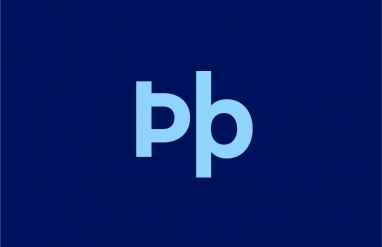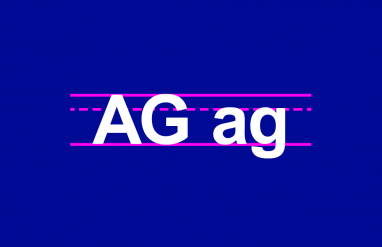Some words are so funny they make us laugh when we say them out loud. Whether it’s the way they tickle the tongue, or just the goofy way they sound, some words prompt giggles when we blurt them out. As a matter of fact, scientists say the word giggle, which means “to laugh in a silly way that is punctuated with repeated gasps for air,” is one of the funniest words in the English language.
Of course, what causes a laugh varies from person to person. Scientists say that the emotion a word elicits when it’s said is what leads to the belly laughs. (So what sounds funny to you, may not sound funny to someone else!) It’s worth noting that not all words that sound funny have humorous meanings. Yarborough, for example, means “to be dealt a hand of cards where no card is higher than a nine” but it’s on our funny list.
Here we’ve rounded up nine words you may not have encountered in everyday conversation that are sure to get the giggles going for both you and your kids.























